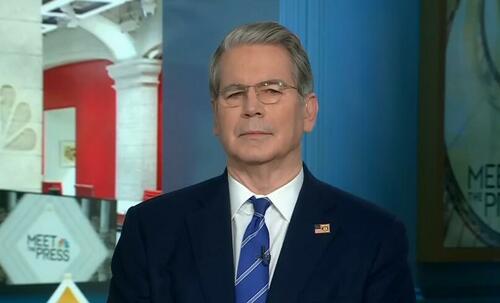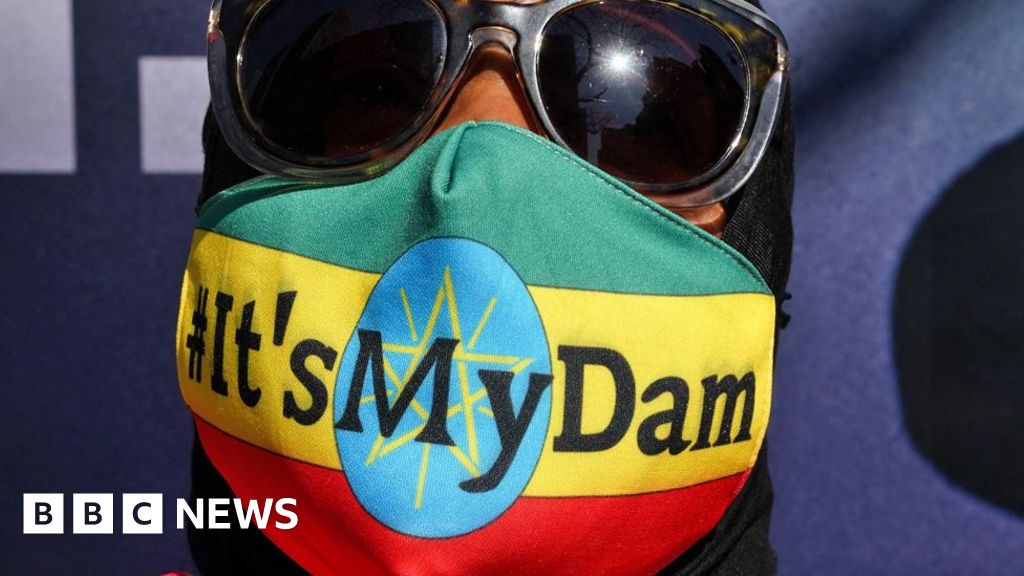Portland mayor begs residents to donate cash for city’s failed homeless services after spending $724 million in 2024
The email from the Portland mayor featured a 9-page PowerPoint that included different volunteer opportunities.
The Portland mayor has asked the community to donate to homeless shelters in a mass email. The mayor has asked that residents donate their time, money, as well as resources to shelters. This comes as the city spent $700 million last year on homeless shelters. The email also implied that if they do not get help, Portland may face federal investigation.
The mass email, which went out to thousands of Portland residents, stated in part, “As Portlanders, we face a stark choice. Recent events in Washington, D.C. show us what will happen to Portland if we don’t move with speed, purpose, and compassion to address the humanitarian crisis on our streets,” per KPTV.
A spokesman from the mayor’s office said earlier this week he was not aware of any threat from the Trump administration to send in the National Guard; however, Trump suggested that on Friday but concerning the issue of agitators at an ICE facility.
President Donald Trump said that he has considered sending in the National Guard to Portland, calling the Antifa and anti-ICE agitators that have been occupying the area around the Portland ICE facility “terrorists.”
“These are paid terrorists…And they are very dangerous for our country,” said President Trump. “And when we go there, if we go to Portland, we’re going to wipe them out. They’re going to be gone. They won’t even stand the fight,” Trump said.
The email from the Portland mayor included a 9-page PowerPoint that included different volunteer opportunities and what services donations would be going to.
After the message went out, within 24 hours, an official who deals with homelessness in Portland, Bryan Aptekar, said the city had gotten 50 donations in just 24 hours. However, in 2024, the Portland metro area spent a whopping $724 million on homeless services, per KOIN. The money was supposed to go to safety, supportive housing and housing placement, and much also went to administrative costs to implement the changes.
43 percent of those funds came from a regional homeless services tax, and 14 percent came from federal tax dollars.












